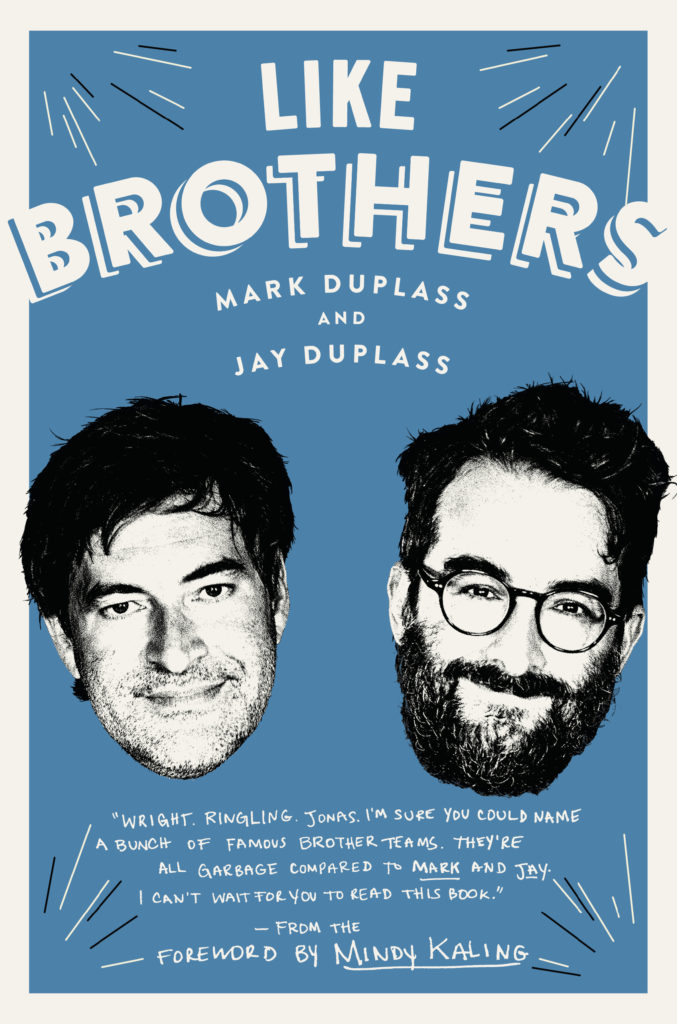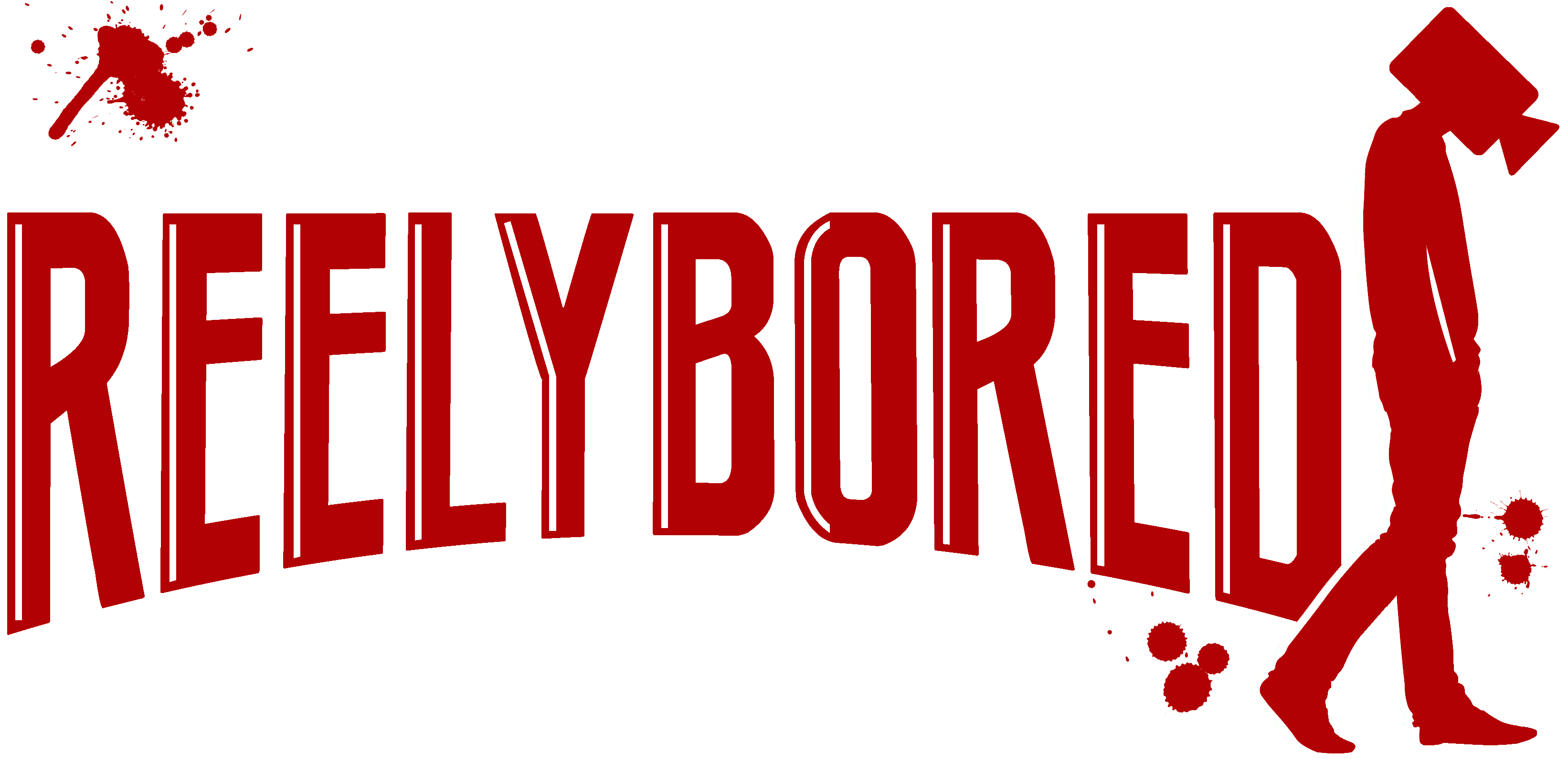
Whether producing, writing, directing, or acting, the Duplass Brothers have made their mark in the world of independent film and television on the strength of their quirky and empathetic approach to storytelling. Now, for the first time, Mark and Jay take readers on a tour of their lifelong partnership in this unique memoir told in essays that share the secrets of their success, the joys and frustrations of intimate collaboration, and the lessons they’ve learned the hard way.
From a childhood spent wielding an oversized home video camera in the suburbs of New Orleans to their shared years at the University of Texas in early-nineties Austin, and from the breakthrough short they made on a three-dollar budget to the night their feature film Baghead became the center of a Sundance bidding war, Mark and Jay tell the story of a bond that’s resilient, affectionate, mutually empowering, and only mildly dysfunctional. They are brutally honest about how their closeness sabotaged their youthful romantic relationships, about the jealousy each felt when the other stole the spotlight as an actor (Mark in The League, Jay in Transparent), and about the challenges they faced on the set of their HBO series Togetherness—namely, too much togetherness.
But Like Brothers is also a surprisingly practical road map to a rewarding creative partnership. Rather than split all their responsibilities fifty-fifty, the brothers learned to capitalize on each other’s strengths. They’re not afraid to call each other out, because they’re also not afraid to compromise. Most relationships aren’t—and frankly shouldn’t be—as intense as Mark and Jay’s, but their brand of trust, validation, and healthy disagreement has taken them far.
Book Reviews Blog: Like Brothers
Two peas in a pod – that’s what Mark and Jay Duplass are. Quirky, fun, and just plain old good folk are the type of vibes that emitted off the pages when reading Like Brothers, penned by this dynamic duo of siblings who neglected to include a sequential and what many would consider an orthodox narrative. The said narrative was strewn about the book in a seemingly sporadic fashion. When they are not talking about their childhood, their brotherly love towards each other (to the extreme), and their rise to indie and television success, they talk, and heavily dissect, re-dissect, then dissect again, their top ten favorite films of all time. This anecdote goes on and on in between “chapters” until, finally, they come to a mutual consensus on their definitive list. This becomes cumbersome as they delve into points on why, or why not, this film or that film deserves to be on this collective list. While this back-and-forth banter may seem unnecessary, it does give us a fascinating insight into the minds of the brothers.
The two break down their inspirations and how characters are developed simply by observing people, unbeknownst to them of course, and making up stories around these strangers on the fly which they would then use as part of a story to a script. These observations primarily took place in an airport while waiting to board their flight to their respective destinations. These “chapters” are fantastic peeks into how the two collaborate and piggyback off one another’s ideas to come to some sort of cohesive narrative simply based on how they saw people interacting with others and the environment around them. This was a formula they used, coupled with their own experiences, that helped them to develop a realness into the likeness of their writing and its characters.
Delving into their comradery, and often “cringe-worthy” display of affection for one another, I have to admit that I was a bit jealous because it is a relationship I wish I had with my own brothers. Of course, we love each other but I can’t say that we wear that love on our sleeves much like the Duplass brothers. There were more than a few times when reading Like Brothers where I mumbled, to no one in particular, “Alright, I get it, you love each other!” But it was this love and affection that they had for one another and the seemingly positive attitude that they portrayed both on and off the screen that made them such likable people. I’ve seen Mark, the younger of the two brothers, in a few films and his portrayal of these characters seems genuine as if he is just playing himself, an attribute that I admire. It resonates with me and I feel the same about Like Brothers.
These are the type of guys that you want to know because they spew positive vibes and a hard work ethic where they will stop at close to nothing to get something accomplished and if they don’t succeed in getting the help, they make it happen on their own. Their plight in getting it done was reminiscent of fellow indie filmmaker Edward Burns as described in his book, Independent Ed. In the same way, I admired Ed for his tenacity and perseverance, I too admire the Duplass brothers. Like Brothers, as previously described, is not your orthodox narrative and some might find it hard-pressed to follow as it can jump from thought to thought and tidbit to tidbit followed by a brief anecdote or story but it was still an enjoyable read. Reading the book was like getting to know Jay and Mark on a personal level, at least that’s what it felt like to me.
